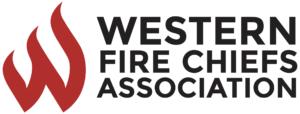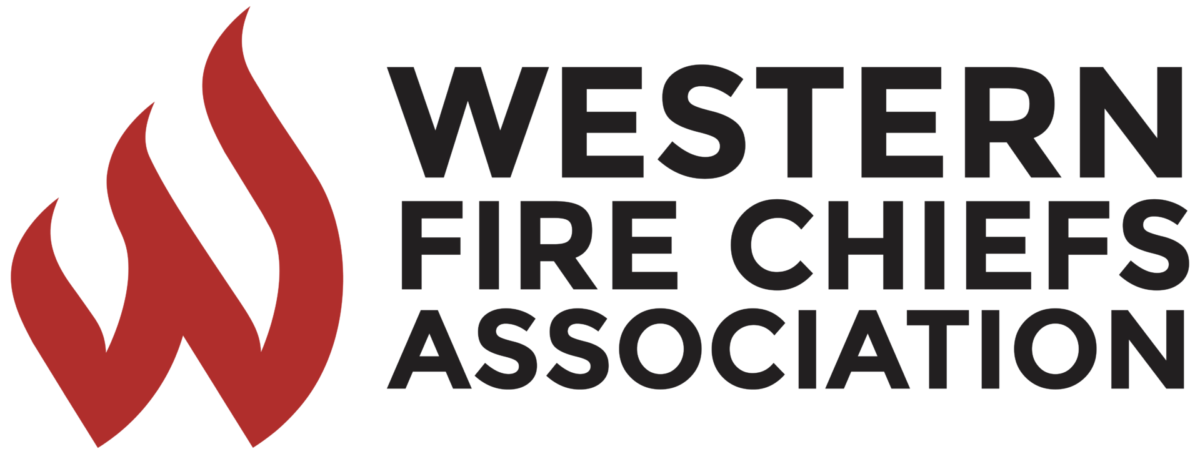Narcan Availability Requirements
There has been a push from Maine lawmakers to require emergency personnel, including police and firefighters, to carry Narcan, which rapidly reverses opioid overdose in emergency situations. Chiefs Bob Horton and Jeff Buchanan talk with Dr. Kelly Morgan about the value of carrying Narcan, as well as the importance destigmatizing addiction plays in treatment and recovery.
Discover how Narcan availability and destigmatizing addiction can save lives in the latest episode of Fire Headlines by the Western Fire Chiefs Association (WFCA).
There has been a push from Maine lawmakers to require emergency personnel, including police and firefighters, to carry Narcan while on duty. A recent article shared by the Daily Dispatch explains the bill and the reasoning behind this mandate. Narcan, the brand-name for naloxone, rapidly reverses opioid overdose in emergency situations. It is available as a nasal spray and can save a life when someone has is experiencing a narcotic overdose. Chiefs Bob Horton and Jeff Buchanan talk with Dr. Kelly Morgan about the value of carrying Narcan, as well as the importance destigmatizing addiction plays in treatment and recovery.
Saving Lives
Dr. Morgan is a firm believer in training emergency personnel to administer Narcan and having it readily available. Dr. Morgan says, “We, as agents of the public health safety net, if you will, have an obligation to help with overall community risk reduction.” Recreational narcotic use and opioid addiction is a growing public health concern, and Narcan is a quick, effective solution to save a life when someone is experiencing a medical emergency. It requires minimal training and is not an invasive procedure to perform with the new nasal spray option. Bob agrees, saying, “I believe public safety officials, fire chiefs, have a responsibility to lead with a risk reduction mindset. […] This is about preventing dying and death.”
Effectiveness of Narcan
Jeff raises the concern that recreational opioids are being laced with Xylazine, which reduces how effective Narcan is in reversing an overdose. Dr. Morgan describes how this new drug is affecting peoples’ response to Narcan and emphasizes that it is important to get people to a hospital after administering Narcan. Emergency naloxone is not the only tool to help someone overdosing; follow-up treatment is essential. According to Dr. Morgan, someone who has experienced an acute overdose has nearly a 40% risk of dying in the next 24-48 hours.
Concerns About Narcan Availability
Bob and Jeff note some potential fears that people may have around mandating emergency personnel to carry Narcan. One worry is that Narcan ‘enables’ overdoses by making people feel safer to use narcotics, but Bob points out that there is no evidence to support this concern. Bob also raises concerns about the policy being an unfunded mandate for agencies, meaning they must carry the drug but it may not be cost-effective for agencies to carry. Jeff notes that there have been significant depletions in certain medications, and there may not be enough Narcan for all emergency personnel and hospitals to carry it, especially if it is made available to the public.
Dr. Morgan addresses these concerns, noting that while drug shortages are a current issue, the demand for Narcan has funding behind it that drug manufacturers know about, which means they are incentivized to manufacture the drug. While she agrees that planning for the future is important, she also explains that the opioid crisis is having an effect now, and it is essential for Narcan to be available for current medical emergencies. She also notes that administering Narcan falls under the Good Samaritan rule, and therefore people who administer the drug are not at a major risk of litigation.
Destigmatizing Addiction
There are other, nonemergency solutions to help people who are using opioids. Dr. Morgan notes that counseling solutions are out there for people, but it is often difficult for people to admit they have an addiction because of their fear of judgement. She points out that someone experiencing a diabetic health emergency or another major health concern is not shamed or scrutinized for this experience and deserves help. Dr. Morgan says that peer navigators, people who have first-hand experience with addiction, “are often your most convincing resource to help somebody figure out that there is life outside of the current addiction that they are suffering from.”
You can email Fire Headlines at [email protected].
Sign up for the Daily Dispatch to get the FREE daily newsletter of articles like these in your area, as well as industry developments and trends, at www.dailydispatch.com.



